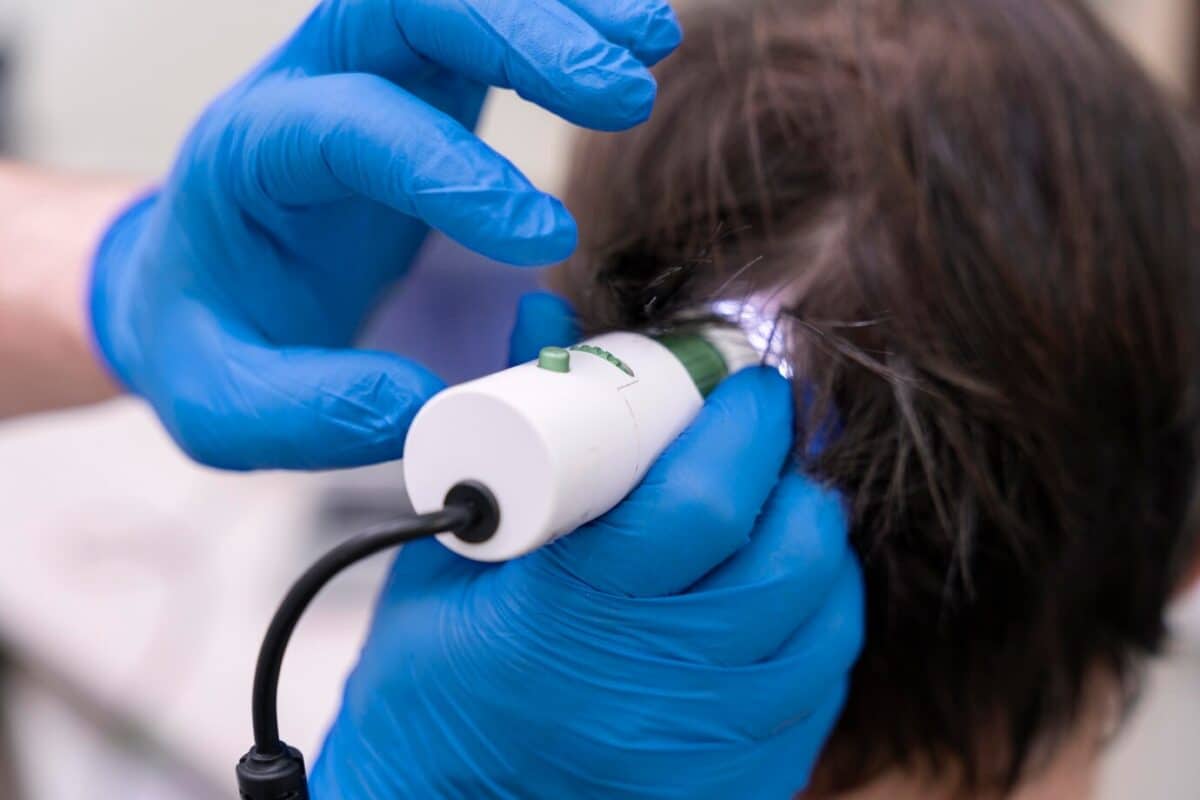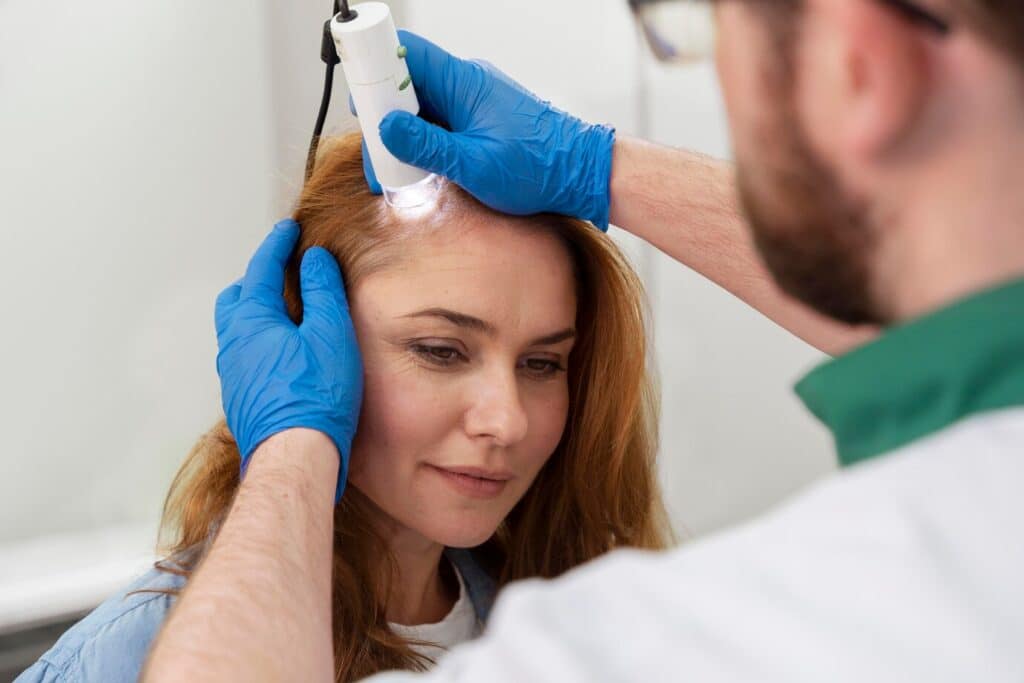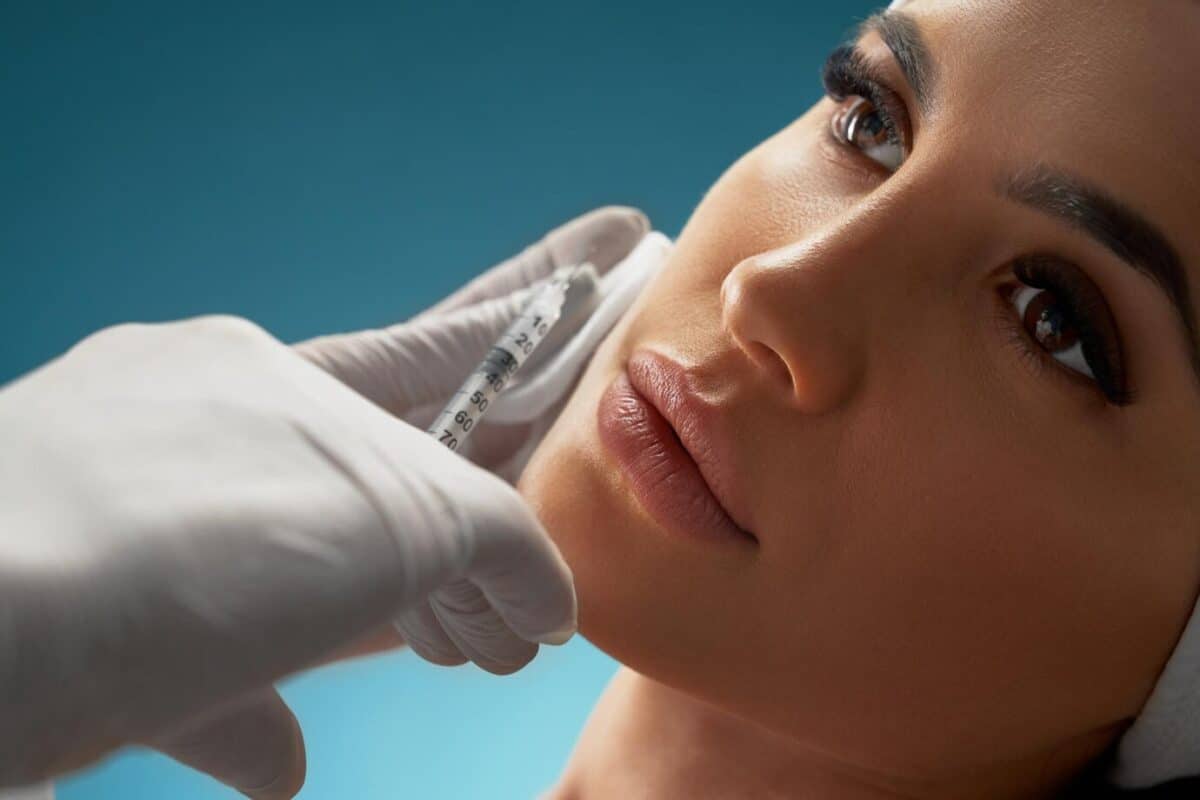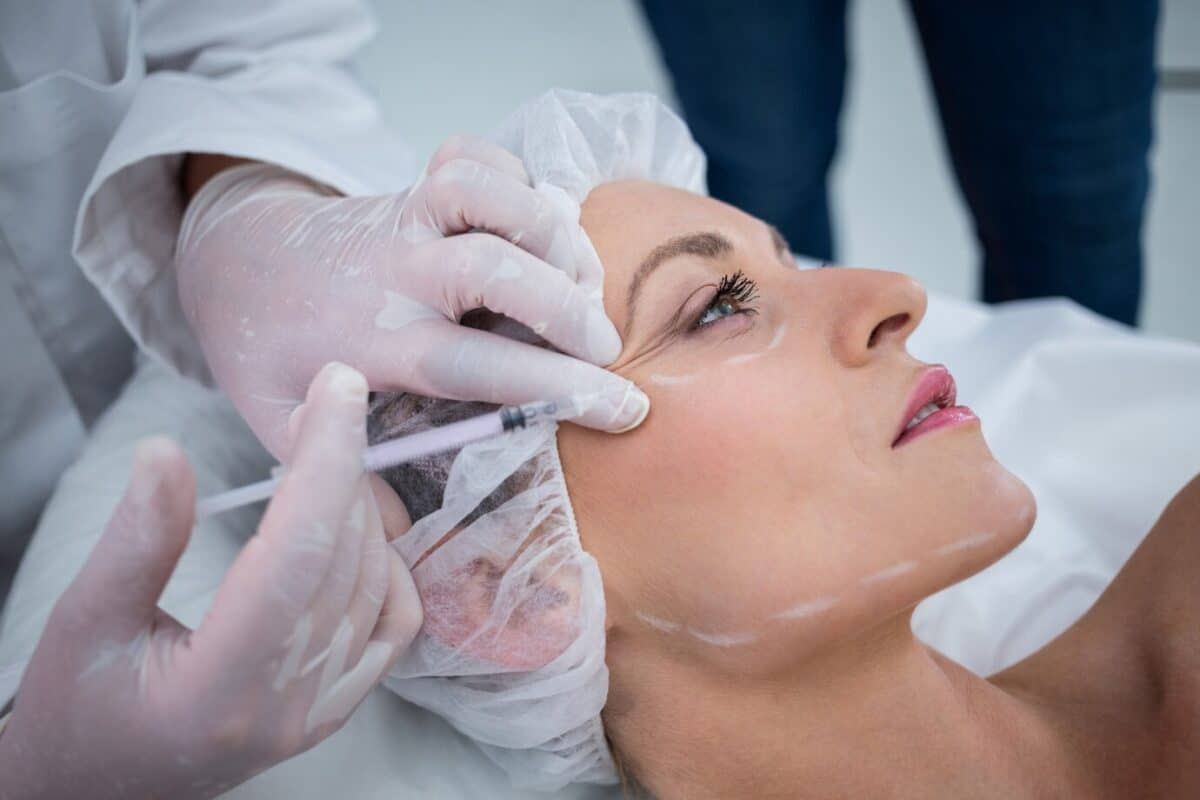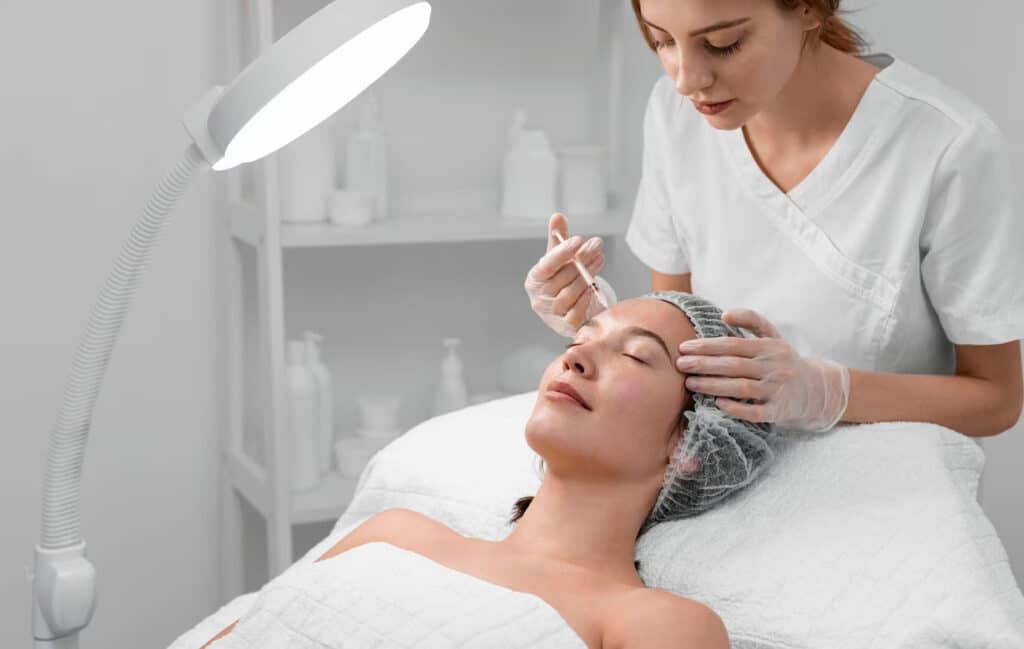Weight Loss Journey: Start It Right!
Begin Your Weight Loss Journey
Embarking on a weight loss journey can be both exciting and daunting, especially for seniors seeking a healthier lifestyle. At Vessel Longevity & IV Bar (ATX), located in the heart of Cedar Park, TX, we understand the unique challenges and opportunities that come with age. Our expert team is dedicated to supporting you every step of the way, ensuring your journey is not just about losing weight but about gaining a renewed sense of vitality and well-being.
Why Weight Loss Matters More As You Age
As we age, our bodies undergo significant changes. Muscle mass naturally decreases, and our metabolism slows down, making weight management increasingly crucial. A healthy weight is not just about aesthetics; it’s about reducing the risk of chronic diseases such as diabetes, heart disease, and arthritis, which are more prevalent in seniors. By embarking on a weight loss journey, you’re taking a proactive step towards a longer, healthier life.
Tailored Approaches for Effective Weight Loss
Every individual’s body is unique, and so are their weight loss needs. At Vessel Longevity & IV Bar, we pride ourselves on creating personalized weight loss plans that cater to your specific health requirements and lifestyle preferences. Our approach is not one-size-fits-all; it’s about finding what works best for you.
Understanding the Role of Nutrition in Weight Loss
The Power of a Balanced Diet
The cornerstone of any effective weight loss plan is a well-balanced diet. Eating a variety of nutritious foods helps in shedding pounds and boosts your energy levels and overall health. As seniors, it’s focusing on nutrient-dense foods that provide the vitamins and minerals your body needs is crucial.
Incorporating Superfoods into Your Diet
Superfoods are a fantastic way to enhance your diet with maximum nutrition. Foods like blueberries, salmon, and leafy greens are packed with antioxidants, omega-3 fatty acids, and essential nutrients that support weight loss while promoting heart and brain health.

Incorporating Superfoods into Your Diet
Staying Hydrated: The Key to Healthy Weight Loss
Hydration plays a vital role in weight loss. Water aids in digestion helps burn fat, and can even suppress appetite. Seniors, in particular, need to be mindful of their hydration levels as the sense of thirst diminishes with age.
Exercise: A Pillar of Healthy Weight Loss
The Importance of Regular Physical Activity
Regular exercise is crucial for seniors embarking on a weight loss journey. Not only does it aid in shedding pounds, but it also improves muscle strength, balance, and mobility. At Vessel Longevity & IV Bar, we recommend gentle activities on the joints, like walking, swimming, or yoga.
Tailoring Exercise to Your Abilities
It’sChoosing exercises that match your fitness level and health conditions is essential. Our team can help design a workout regimen that’s both safe and effective, ensuring you enjoy the benefits of physical activity without any risks.
The Role of Mindset in Weight Loss
Cultivating a Positive Attitude
A positive mindset is critical to a successful weight loss journey, especially for seniors. At Vessel Longevity & IV Bar, we encourage a mindset that focuses on achievable goals and self-compassion. Celebrate every small victory, whether it’s choosing a healthy snack or completing a short walk. Remember, every step forward is progress.
Overcoming Challenges with Resilience
Weight loss is a journey with its ups and downs. It’s normal to encounter obstacles, but resilience is key. We support you in overcoming challenges, whether they’re physical, emotional, or motivational, helping you stay on track toward your goals.
Medical Support and Guidance
The Importance of Professional Health Assessment
Before starting any weight loss program, it’s crucial to have a comprehensive health assessment. Our Vessel Longevity & IV Bar team includes medical professionals who can evaluate your health and identify any potential risks or limitations. This ensures that your weight loss plan is effective and safe.
Personalized Medical Advice for Optimal Results
Based on your health assessment, we provide personalized medical advice. This might include dietary recommendations, exercise guidelines, and even IV therapy options to support your body’s nutritional needs. Tailoring the approach to your specific health conditions and goals is key to successful weight loss in seniors.

Medical Support and Guidance
IV Therapy: A Modern Approach to Wellness
Enhancing Your Weight Loss Journey with IV Therapy
At Vessel Longevity & IV Bar, we offer innovative IV therapy treatments that can complement your weight loss efforts. IV therapy delivers essential nutrients directly into your bloodstream, ensuring 100% absorption. This can boost energy levels, enhance metabolism, and even curb appetite, supporting your weight loss goals.
Customized IV Therapy for Individual Needs
Each IV therapy session is customized to meet your unique nutritional needs and health goals. Our expert team will guide you in choosing the right combination of vitamins and minerals to enhance your weight loss journey and overall well-being.
Lifestyle Modifications for Sustainable Weight Loss
The Impact of Healthy Habits
Sustainable weight loss is about more than diet and exercise; it’s about making lasting lifestyle changes. We help you identify areas for improvement, whether it’s better sleep, stress management, or social activities. Incorporating these healthy habits into your daily routine can significantly impact your weight loss success.
Creating a Supportive Environment
Having a supportive environment is crucial for maintaining motivation and consistency. We encourage involving family and friends in your journey, creating a network of support that keeps you motivated and accountable.
Embracing a Healthier Future
Your weight loss journey is not just a path to a slimmer figure; it’s a journey toward a healthier, more vibrant life. At Vessel Longevity & IV Bar (ATX), we are committed to guiding you through this journey with personalized care, expert advice, and innovative treatments.
Join Us in Your Journey to Wellness
Are you ready to start your weight loss journey with expert support and personalized care? Contact Vessel Longevity & IV Bar at 512-337-7722. Our Cedar Park, TX team is ready to help you take the first step towards a healthier, happier you. Start your journey to wellness today!




